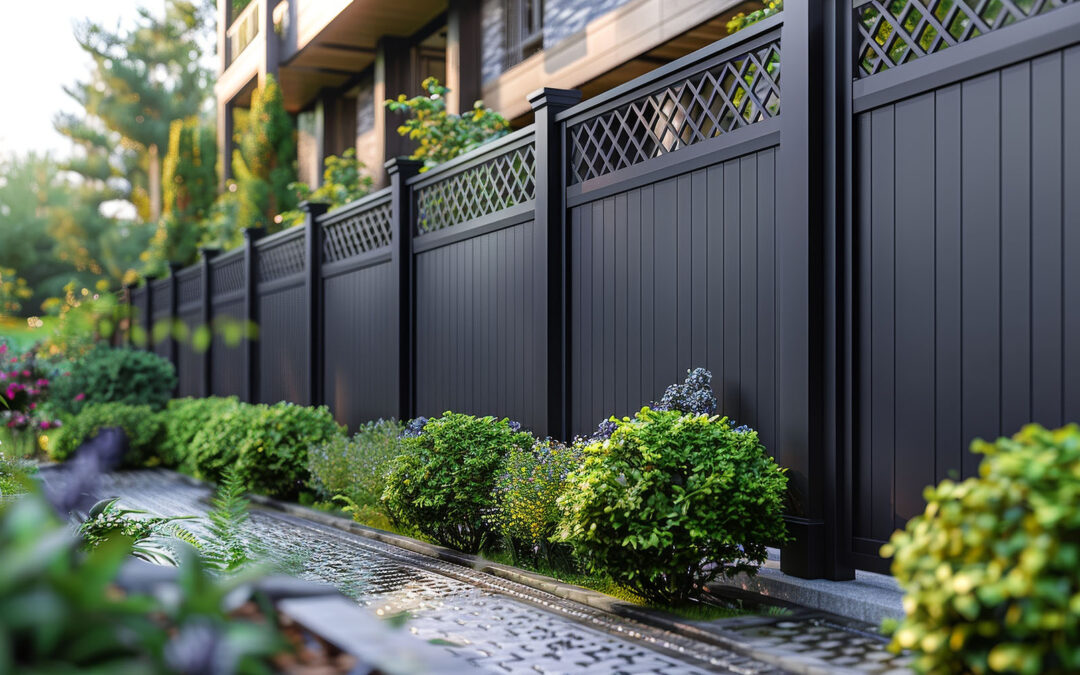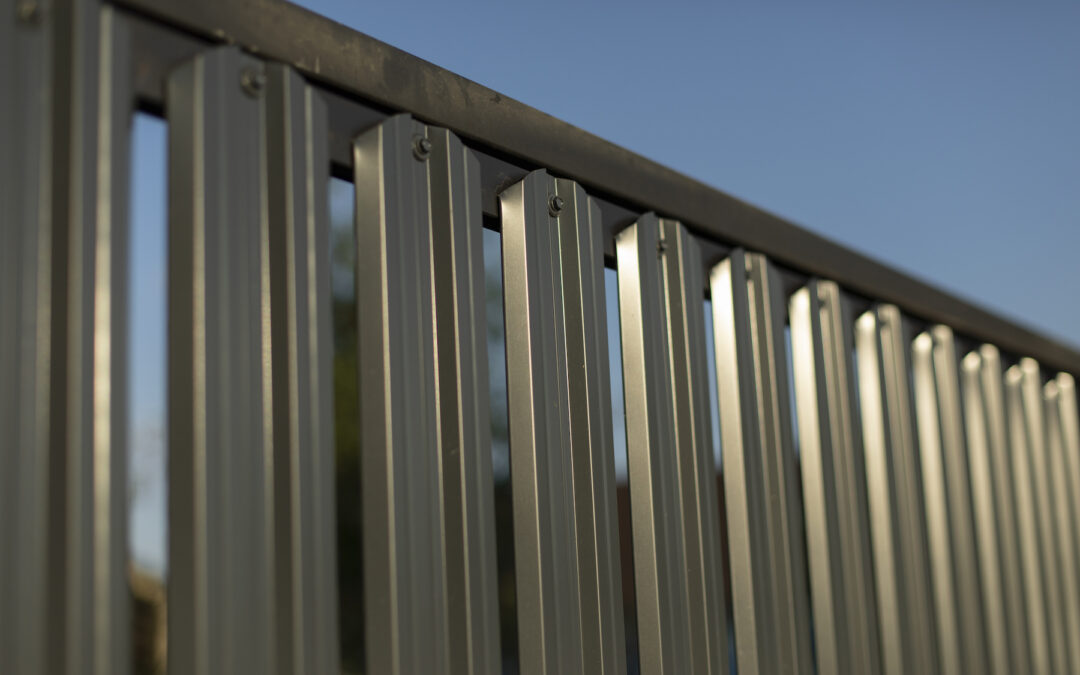Benefits of Aluminum Fencing
Aluminum fencing offers numerous advantages, making it an ideal choice for homeowners. It is lightweight yet durable, resistant to rust and corrosion, and requires minimal maintenance compared to wood or iron options.
In addition to its longevity, aluminum fencing is available in various styles and colors, allowing homeowners to customize their fencing to match their property's aesthetic. This versatility enhances curb appeal while providing essential security features.
Comparing Aluminum Fencing to Other Materials
When considering fencing options, it's important to compare aluminum with other materials like wood, vinyl, and wrought iron. Each material has unique attributes that cater to different needs, such as cost, maintenance, and durability.
For instance, while wood provides a classic look, it requires regular treatment and can be susceptible to pests. Conversely, vinyl is low-maintenance but may not offer the same strength as aluminum. Understanding these differences helps homeowners make informed decisions based on their specific requirements.
Installation Process for Aluminum Fencing
The installation of aluminum fencing can be straightforward, especially when handled by professionals. Homeowners should understand the steps involved, including site preparation, layout design, and securing the panels properly to ensure stability.
Typically, the process involves measuring the area, marking post locations, and setting the posts in concrete. Once the posts are secured, the panels are attached, creating a sturdy and attractive boundary for the property.
Cost Considerations for Aluminum Fencing
Understanding the cost of aluminum fencing is crucial for budgeting purposes. The overall price can vary based on factors like the height of the fence, the style chosen, and the complexity of the installation.
While aluminum fencing may have a higher upfront cost compared to some alternatives, its long-term durability and low maintenance requirements can lead to savings over time. Homeowners should also consider any additional costs, such as permits or landscaping adjustments, when planning their project.




